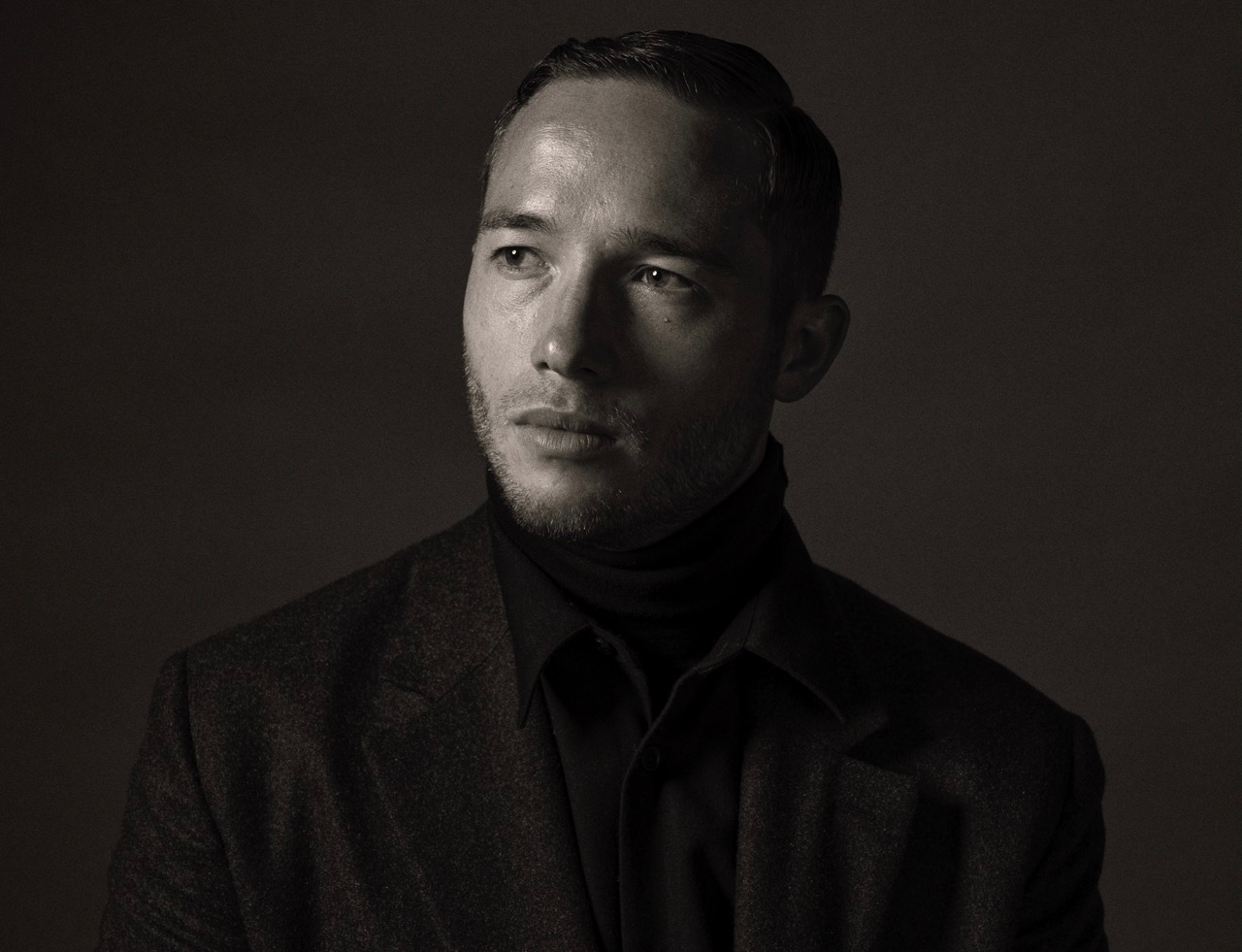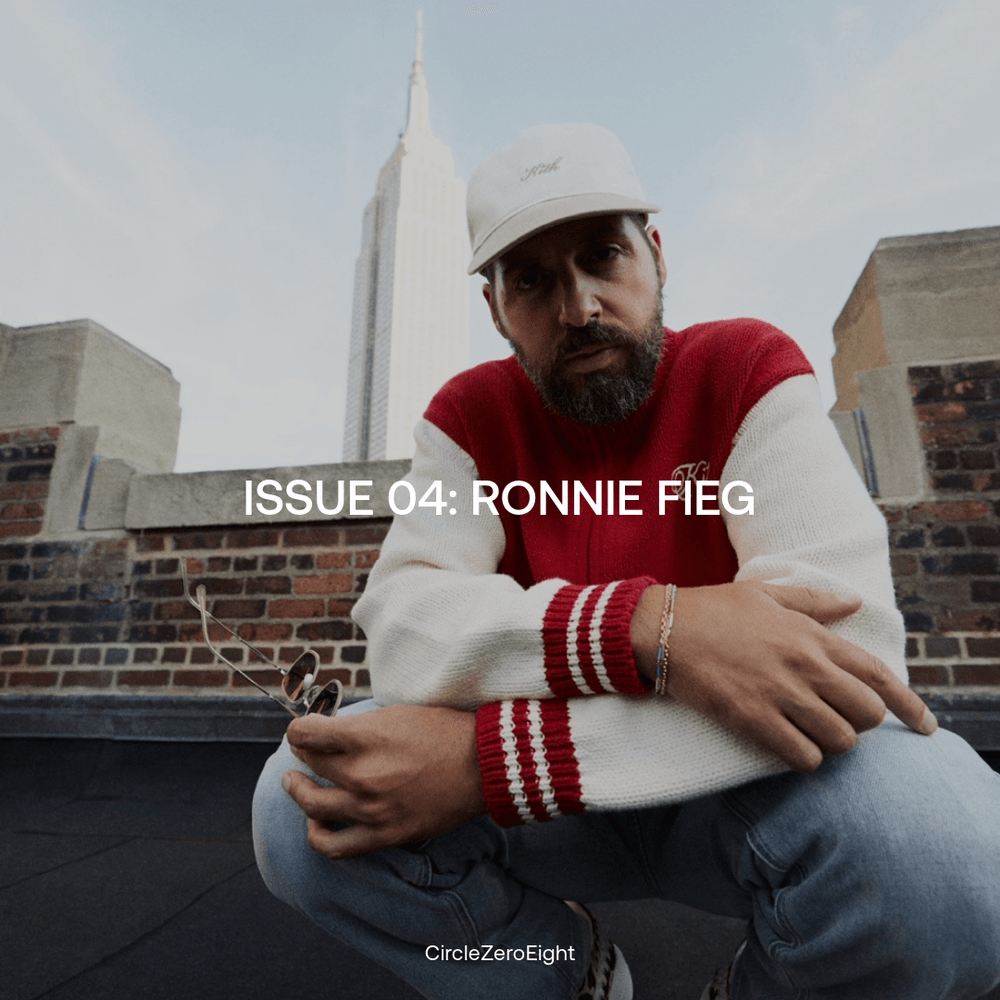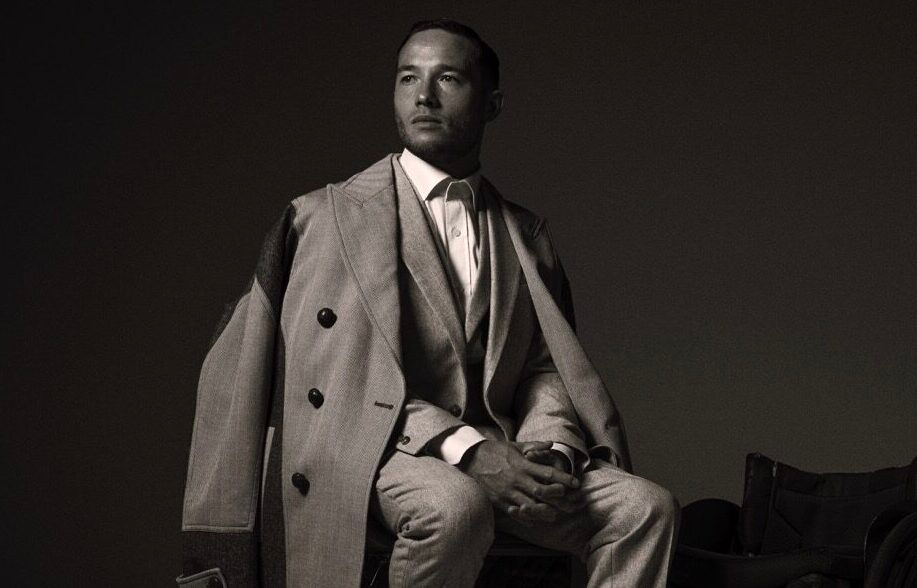
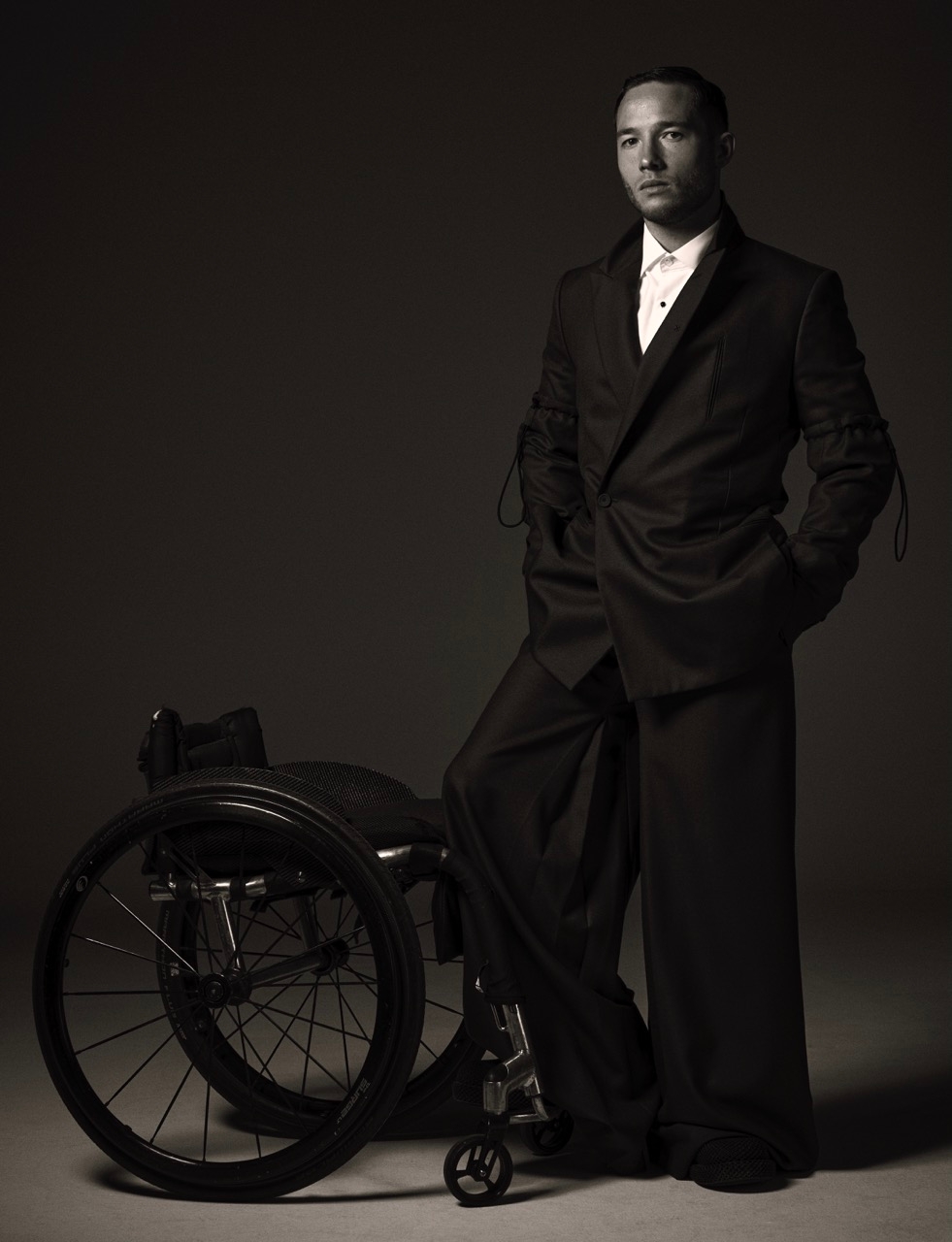
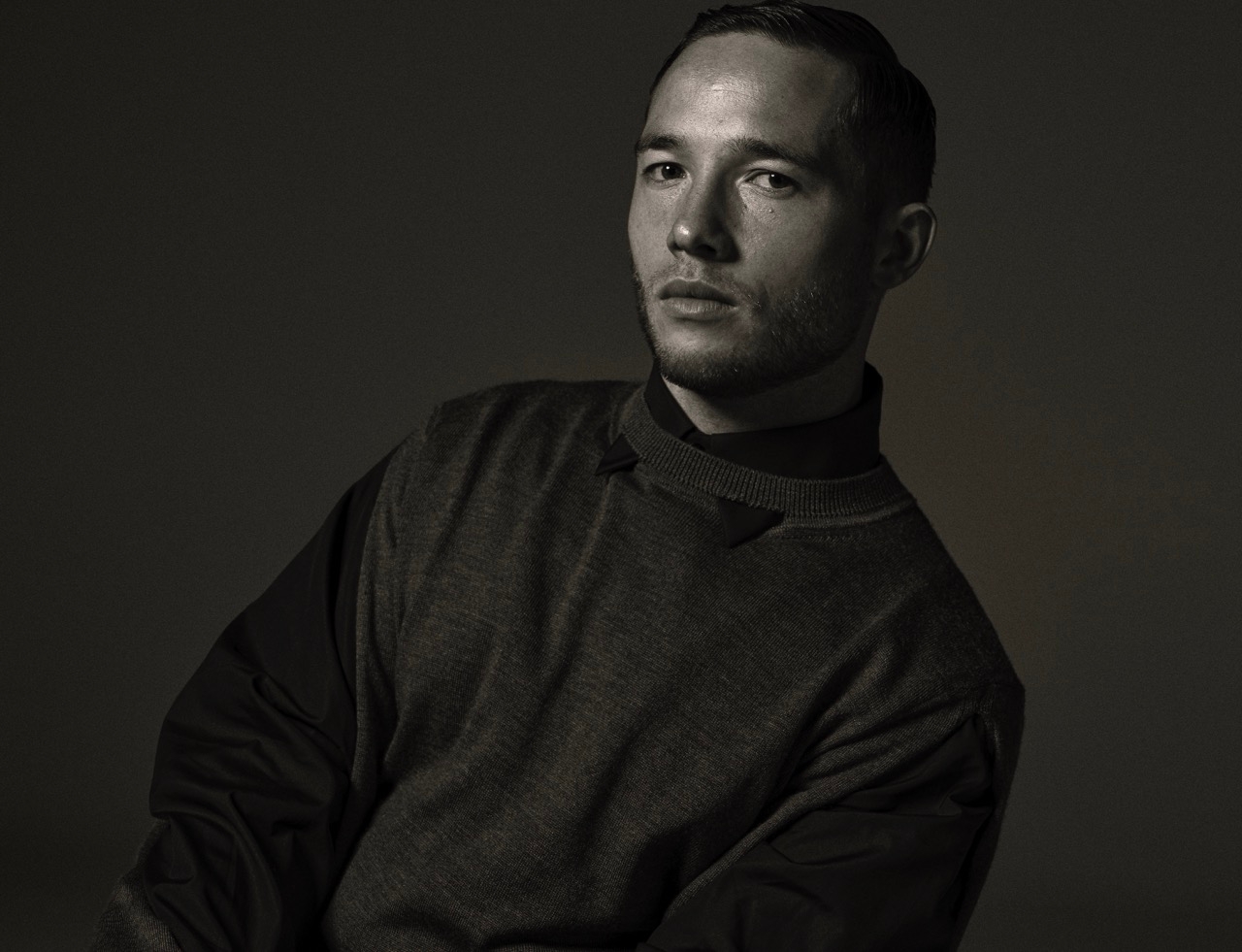
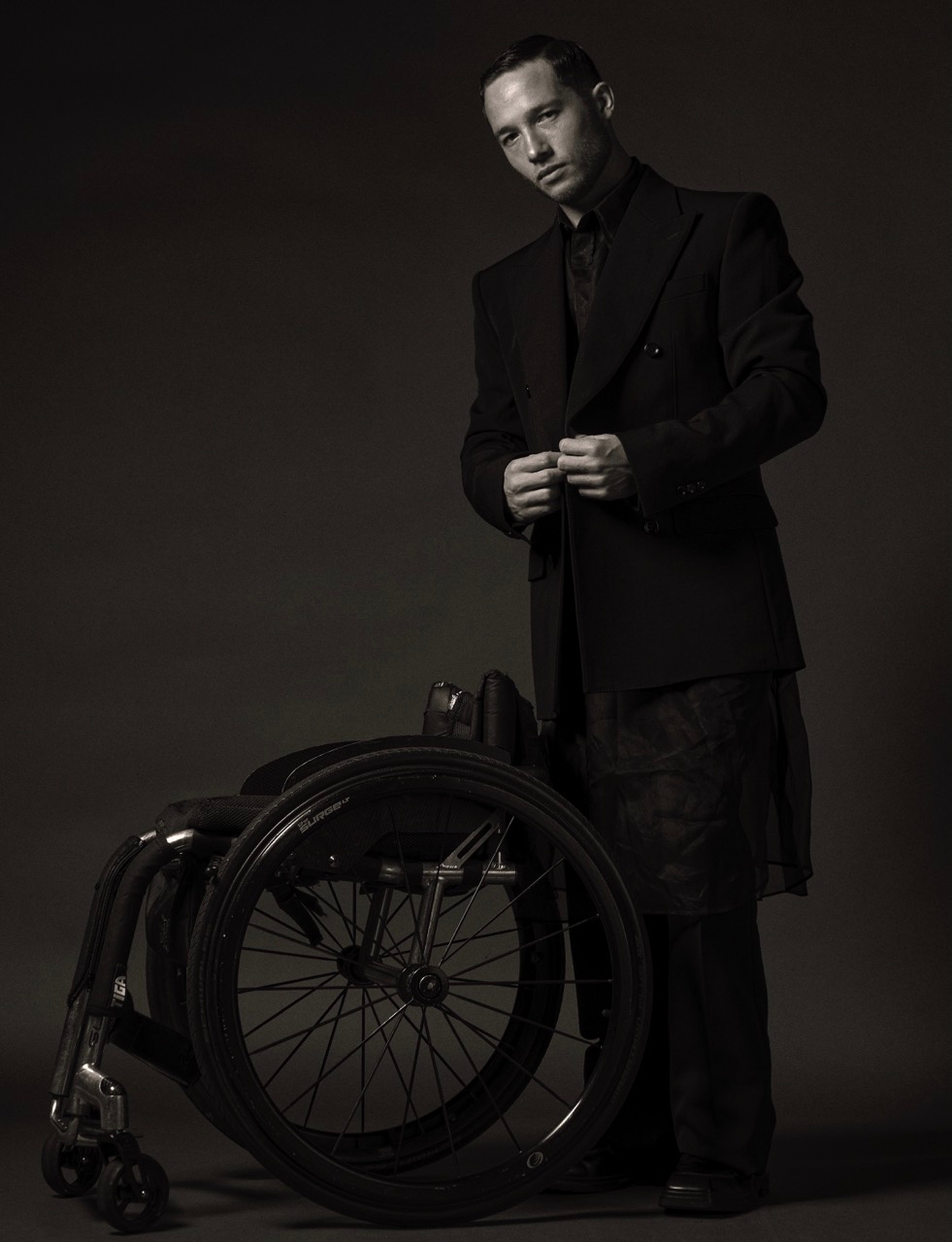
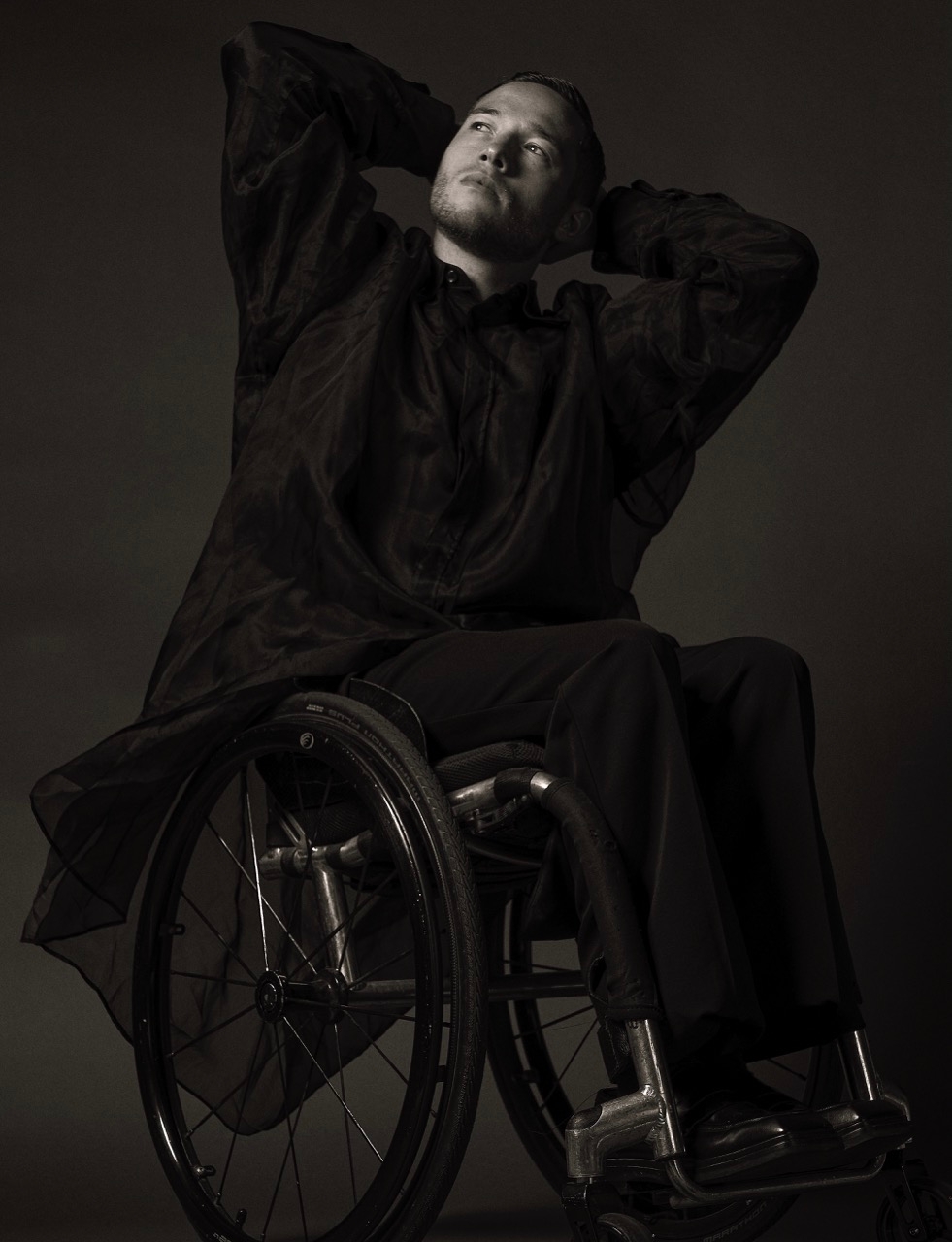
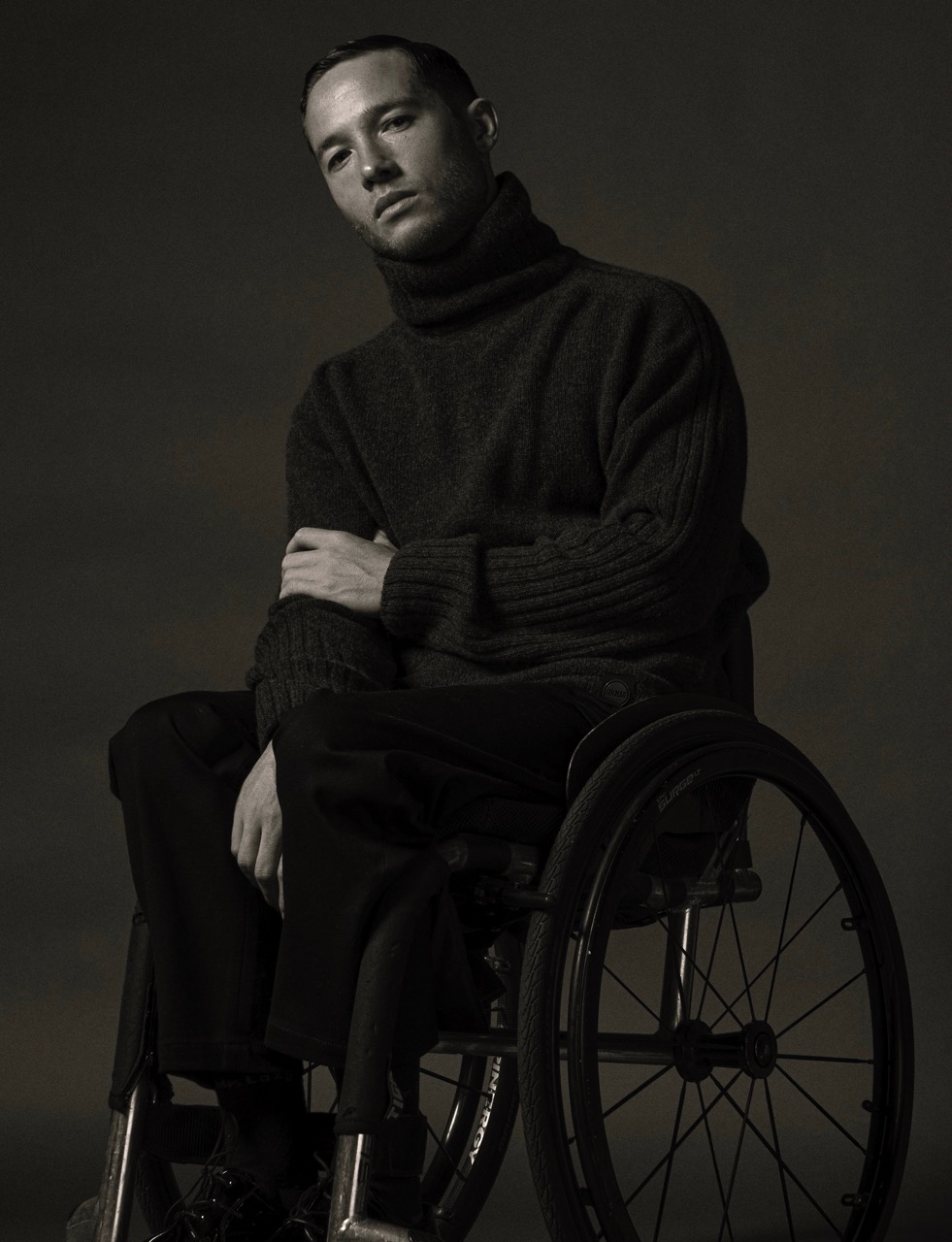
Alfie Hewett OBE is a 26-year-old who has experienced an extraordinary journey to the upper echelons of wheelchair tennis in the eight years since he first went pro. Currently ranked world number one in doubles, and with 26 major titles under his belt, you can only watch and see where his career goes next.

Growing up in the Norfolk countryside, he was raised with his twin sister and brother. Always interested in sport at school, he had ambitions to take his passion for football seriously in the long term but, at six years old, he began experiencing pains in his left side. Nine months later, he couldn’t bear any weight through his left leg.

After lengthy medical investigations, Hewett was diagnosed with Legg-Calvé-Perthes disease, which affects the hip and restricts blood flow to the femur. With this diagnosis, he was told he would have to use a wheelchair full-time for around five years.
“I always put a lot of my mentality and perseverance down to the support I was given by my family during that time”, Hewitt says. “It’s not an easy thing for anyone to go through at any age, no matter how old you are. It’s a big transition, and you need to get used to a way of life”. It was at this point that Hewett found wheelchair tennis, attending a Tennis Foundation Camp. Three years later, he played his first tournament and was selected to represent Great Britain at the ITF European Junior Wheelchair Tennis Camp.
From there, he became a staple of Great Britain’s team, playing a pivotal role in winning the gold medal World Team Cup senior men’s title in 2015, which led to an Olympic debut at the games in Rio in 2016. Here he was awarded silver in both doubles and the first ever all-British men’s singles final, with gold going to his current doubles partner, Gordon Reid. His incomparable rise was cemented when he became the youngest ever world number one singles player in 2018, at 20-years-old, as well as the first ever wheelchair Queens champion the following year.

He pauses when asked about what makes a great doubles partnership: “There’s so many pieces of the puzzle to make that partnership tick. We’ve been partners for almost ten years now. When you’ve been playing with someone for that long, you learn so much about them along the way. We really invest a lot of time into analysing our [singles] games, our partnership games, our psychology, all the communication. It’s different to being a singles player, when you’re out there [on the court]. As soon as you’ve got a partner that you’re committed to, you want to be able to bring the best out of them. We also have a great team around us that help us work through the finer details. I think we really do complement each other’s games. He’s left-handed, I’m a right hander. He’s good at what I like to call the delicate parts of tennis – the touch volleys for example – where I bring a bit more aggression. The most important thing though is that even after we won our 18th Grand Slam recently, we’re always looking to improve, and I think that’s what keeps us driven.”

Working hard over the years on his physical strength, with daily gym sessions as part of his rigorous training schedule, Hewett is now an ambulatory wheelchair user, meaning he can still spend time on his feet. He reflects on the privilege of his position and his elevated awareness of the barriers disabled people face in the wider world: “There are a lot of difficulties and challenges [for people who use wheelchairs] that someone on their feet might not appreciate or recognise”, he tells me.
With this in mind, being awarded an OBE in recognition of his contribution to sport is especially pertinent.
“It’s been a long journey to get to this point. I feel immensely proud to be able to put wheelchair tennis and disability on the map, and bring it to the attention of whoever is watching. It’s not really about the tennis at the end of the day, it’s the message and the meaning behind it – having the ability to be able to perform and succeed in your area and not letting your disability dictate your limits”.

While most people may not have the goal of being a world champion, Hewett has a wider goal of motivating people to get out of their comfort zone and feel the benefits of being active.
“[For those with a disability who may struggle with self-confidence] sport is such a great avenue to really create a sense of gratification and achievement, and you’re in a group and making more friends. I would always say ‘take a leap of faith’”.
Hewett has a huge amount of respect for his fellow members of the wheelchair tennis community. While a lot of the conversation may be consumed by success and titles, Hewett says the true importance is based in an innate sense of togetherness.

“In reality, to have a group of people who all come from different areas of the world, different walks of life, different backgrounds, different disabilities, simply playing the same sport and competing against each other, who’ve all overcome significant obstacles, is where the real beauty lies”.
This beauty is reflected back at him from the stands, too, as he describes the feeling of watching children in wheelchairs see him play at Grand Slams and competing at the Paralympics – seeing a flame being ignited inside them as they witness someone they can relate to thrive doing something they enjoy and feel empowered doing. This represents a textbook demonstration of the endless positive impact of sport, and how it can inspire future generations to expand their perception of what is possible, and the spaces they can feel embraced and included.
